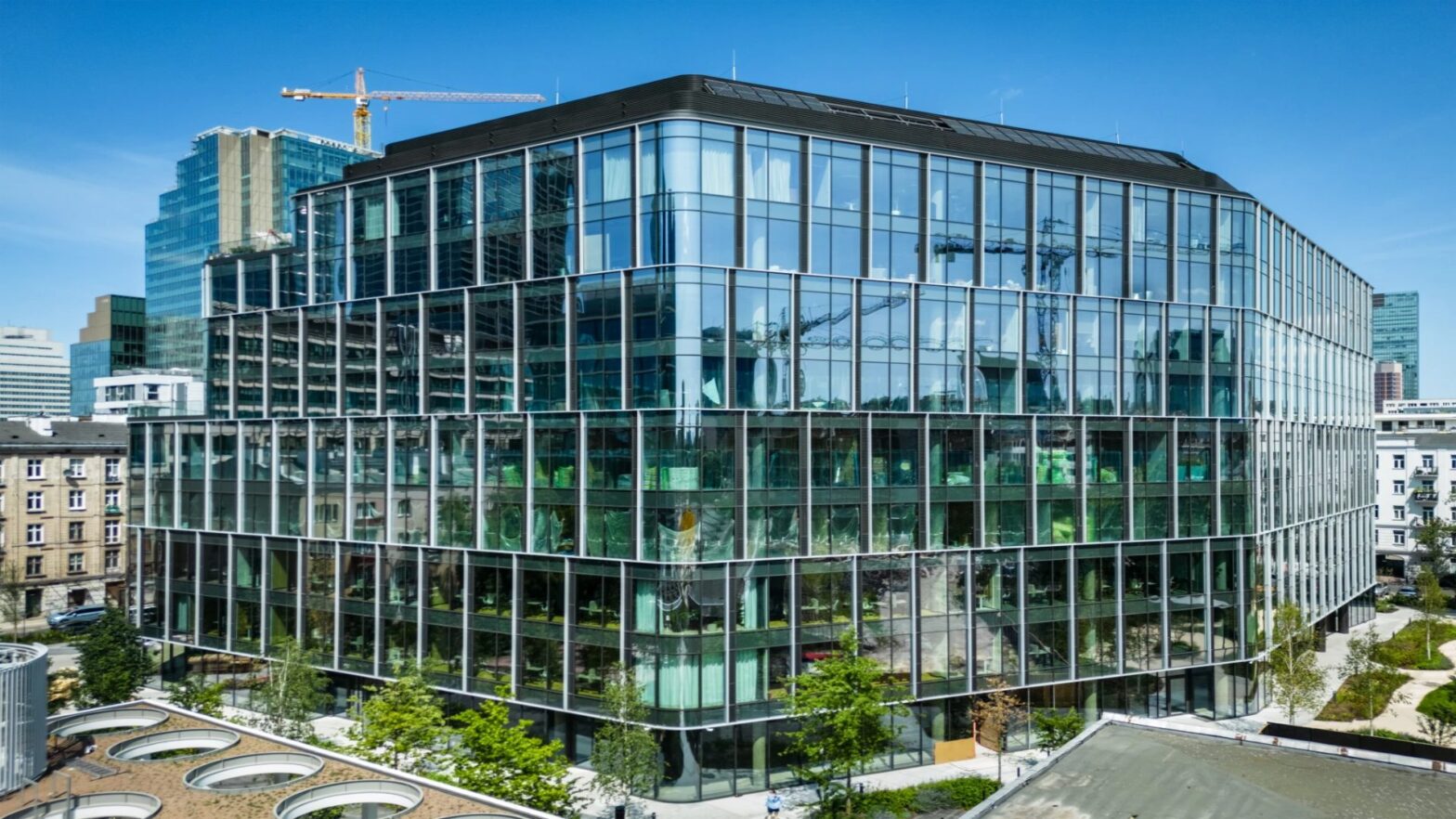
In October 2023, the Department for Environment, Food & Rural Affairs (Defra) introduced changes to the way that waste and recycling is collected in the UK, aiming to increase, improve and standardise processes across the country for both households and businesses. This approach therefore provides a uniform recycling approach, making it simpler for people to recycle their waste, while ensuring that more materials can be recycled.
While businesses tend to have at least some form of recycling in place but, Direct365 say there is more to be done. Companies should be of the ethos that “if you can recycle it, you should recycle it.”
Karl Bantleman, Head of Digital at Direct365.co.uk said, “We have a responsibility as humans and also as businesses to look after the planet better. The environmental benefits of reducing waste to landfill and lowering production of more ‘things’ is essential for our future and at Direct365 we’re here to help businesses do this.
“Changing business practices to become greener can bring business benefits off the back of this, too. From lowering the costs to remove certain types of waste, to improving your brand image for consumers, clients and suppliers.”
5 benefits of recycling for businesses
1. Meeting legal compliance regulations: Companies have an obligation to get rid of waste safely and within the law. There is a mountain of legal compliance required around waste management and even more when it comes to commercial and hazardous waste. Ensuring you are following regulations will not only make sure you are taking safety seriously for your employees, clients and the world around you, but save you from the costs and reputational damage which can come from failing to meet requirements.
2. Multiple money saving benefits: Getting rid of business waste comes at a cost, so recycling can reduce the amount of waste going to landfill, in turn lowering costs. It can also reduce the need for space to store waste, in turn meaning lower space and storage costs.Recycling and reusing older items too can save money on purchasing new products. Plus, there are plenty of grants available for business who are making a change. For example, WRAP, a leading sustainability charity that works with businesses and governments, offers grants to help cut waste and promote sustainability.
3. Improved brand reputation and image: Consumers want to buy from businesses that are responsible and make efforts to do good. Green initiatives are increasingly important for consumers and so failing to follow basic best practices can be detrimental for businesses. This is becoming particularly prevalent in a range of industries. For example 50% would be willing to spend up to 12% more on eco-friendly products according to recent research.
4. Better employee culture: Employees want to work for companies that reflect their own values. Having recycling systems in place has come to be expected by staff. Providing the right facilities will save those who are passionate about it from having to research and find the right services or bins themselves. Getting the entire company behind green initiatives can be a great culture building activity.
5. Competitive advantage: Boasting green initiatives can give your business competitive advantage, differentiating between you and the competition. As businesses implement their own green policies, the difference between choosing suppliers can come down to small details such as your own environmental initiatives. Brands are increasingly going to be held accountable for the overall impact they have on the world.
Business waste types and advice
Your business may be generating substantial waste without you even being aware of it. So, to help you become more aware of how your business impacts the environment, we’ve shared a few different types of waste that your business activities might be creating and some ideas as to how to dispose of them in an environmentally friendly way.
Food waste – Don’t mistake food waste for general waste. You can turn your food waste into energy by anaerobically recycling your food waste and returning energy to the grid. It is encouraging to see that from April 2024, it will be mandatory for businesses in Wales to separate food waste from general waste. As Wales sets an example for the rest of the UK, it is only a matter of time before the whole of the UK follows suit.
Commercial waste – Thinking about using waste material as a resource is an energy-efficient and cost-effective practice which helps to minimise the environmental damage. Find ways to reuse materials to decrease the demand for new material production and make use of recycled materials rather than newly produced ones. This alone can reduce energy usage by 66%, meaning that the more you recycle, the greater energy-saving impact you can have.
Glass – There’s no reason for your business not to recycle 100% of your glass waste. As a non-biodegradable substance, glass mustn’t be mixed with general waste, and you can reduce your business’s waste charges by recycling glass rather than sending it to a landfill.
Hazardous waste – It is important that your business is compliant with UK waste regulations if you are disposing hazardous waste. This includes batteries, aerosol gases, solvents and chemical wastes such as brake fluid, printer toner, paints, waste oils and much more. Ensure you are working with a reliable waste management company, such as Direct365 who are experts at identifying unknown chemicals and can also advise you about safely collecting and disposing of your waste whilst aiming to recycle 100% of the hazardous waste collected. And, where this isn’t possible, Direct365 will only ever dispose of waste in ethical and responsible means.
Electronics and tech – To abide by the law, your business must follow the UK’s Waste Electrical and Electronic Equipment and Regulations (WEEE). Updated 2014 WEEE Regulations state that electrical waste cannot be mistaken as general waste due to the toxicity risk, it is important that your business is compliant with this regulation.




























